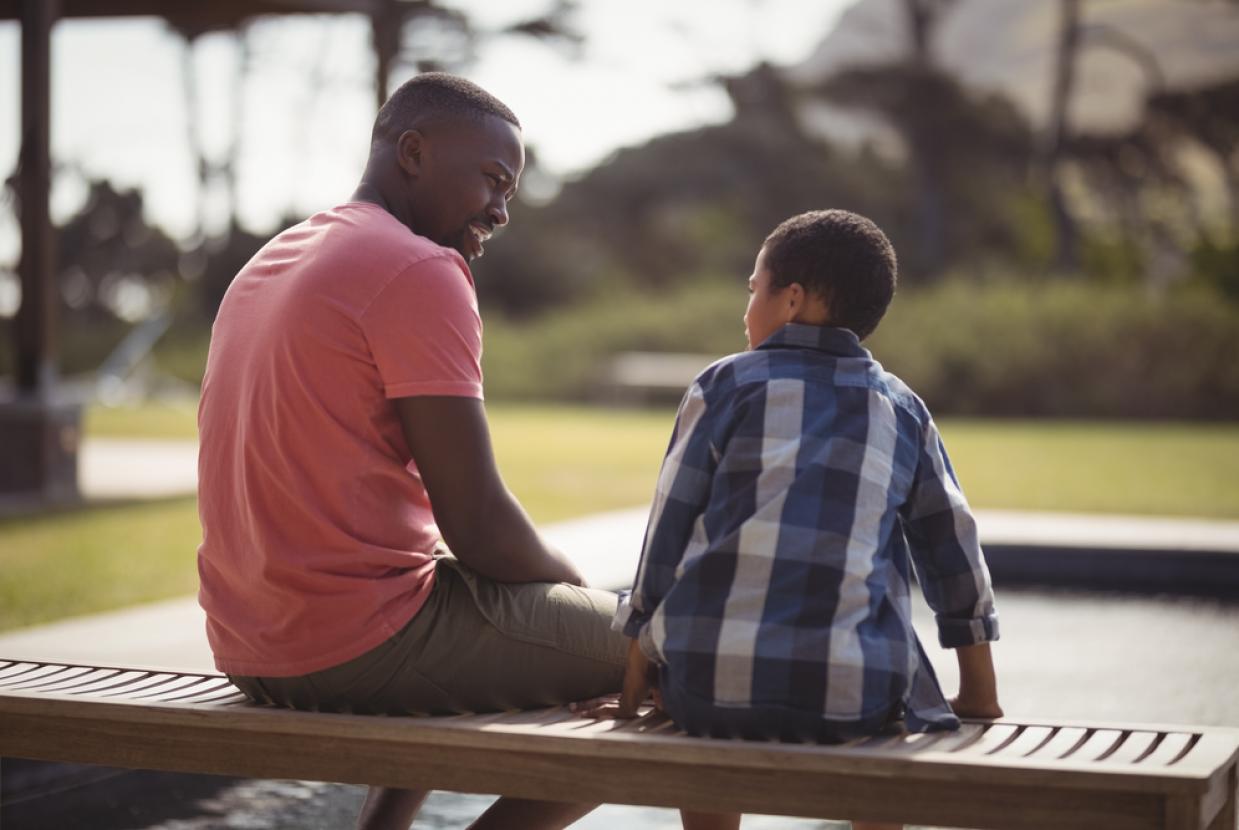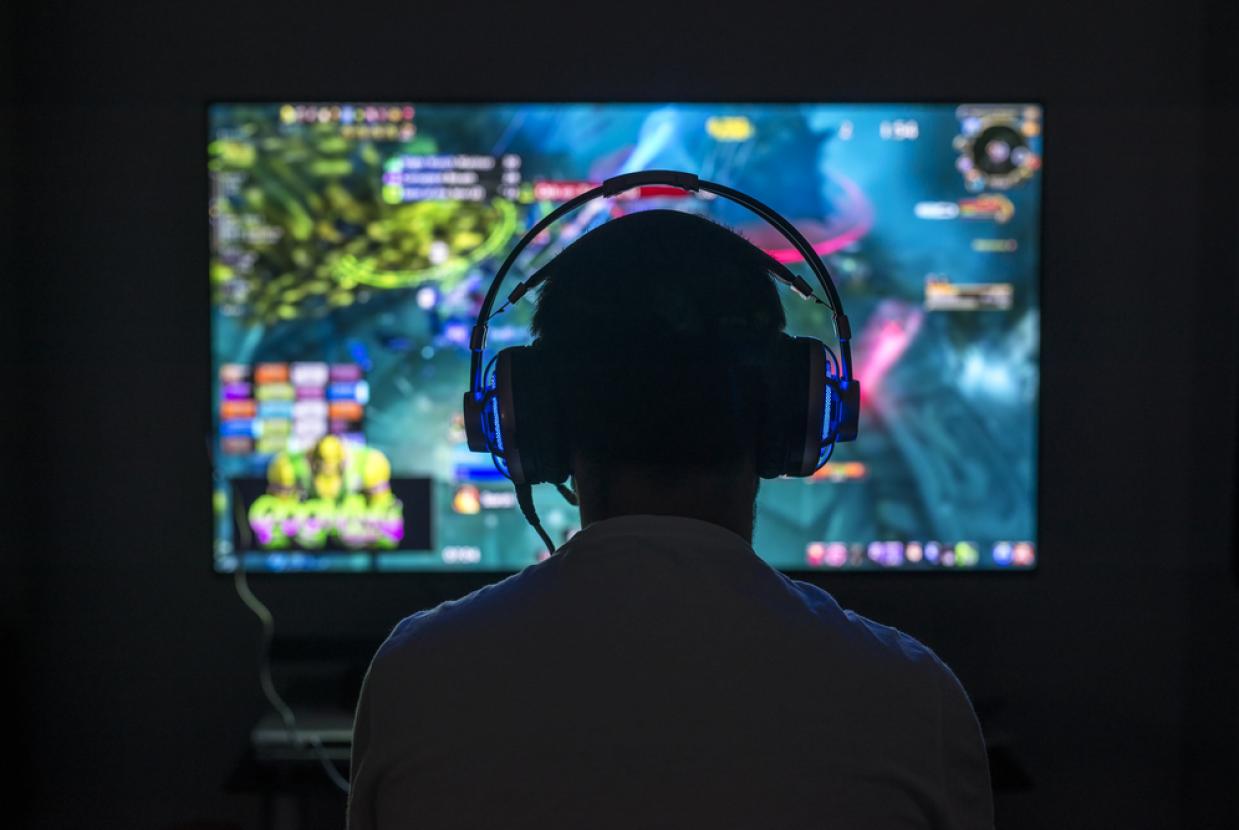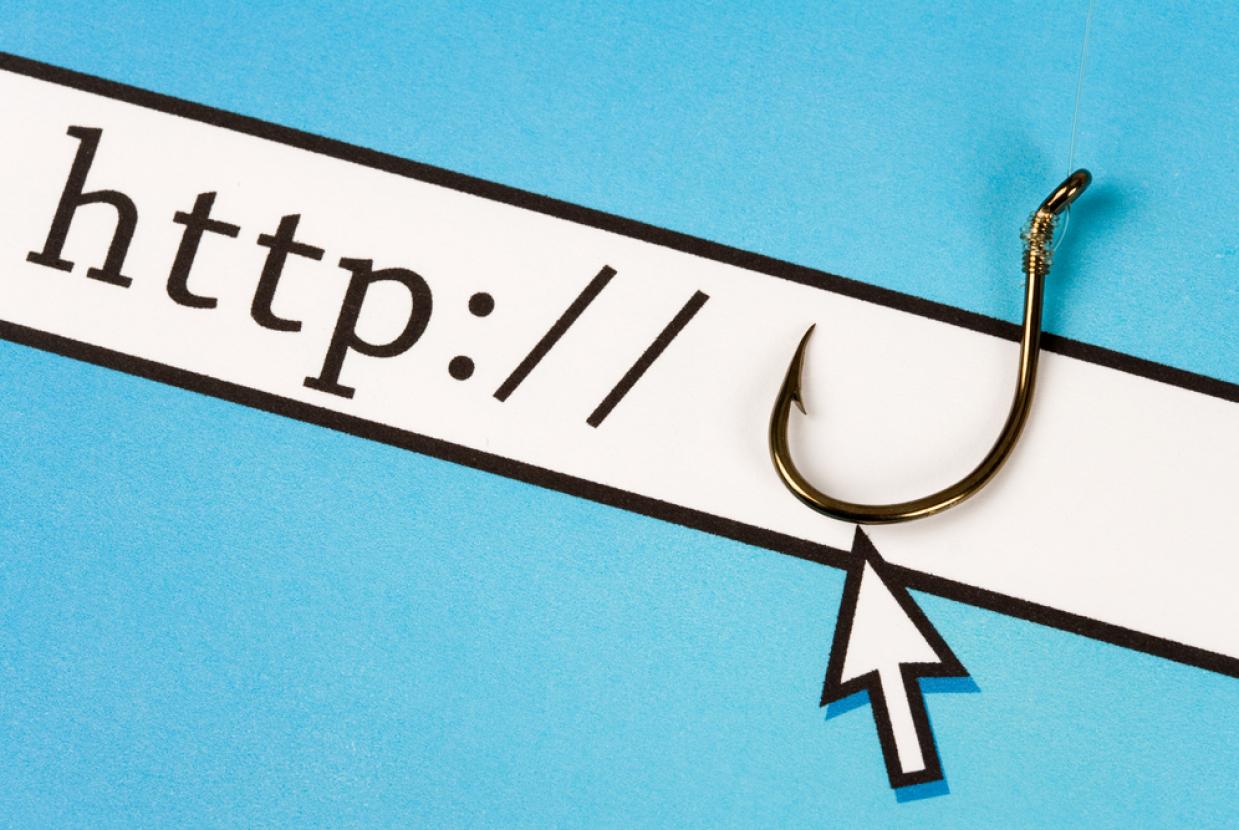The Influence Of Influencers
Cyber Security / Family HealthInfluencers are people who have a large following on social media. The term 'influencer' comes from promoting products, behaviours and ideas to their followers. There are influencers for every topic on the internet, from beauty bloggers, vloggers, gamers and more. Like celebrities, they provide entertainment, information, comfort, and inspiration for children.
Influencers can be good role models for children, encouraging habits such as inclusivity and good self-esteem. But, they can also have a negative effect, encouraging unsafe or unhealthy behaviours and views.
Some influencers are children themselves, often being more relatable to a young audience. But this can also put pressure on children who admire them to act in the same way, or try and achieve unrealistic goals.
For example, lots of influencers get gifted products in exchange for promoting brands. Children may feel they need to buy these products to keep up with a trend. This can lead to overspending, or worries about what others will think if they can't.
Do influencers share false information?
The content influencers share often includes their personal thoughts and opinions. However, it's possible the information they're sharing isn't completely factual. This means children might be at risk of being exposed to false or misleading information.
The content influencers post isn't always moderated. It doesn't have to be fact-checked, and can mean the information they share might not be true.
The things an influencer says, can have a very strong impact on what a child thinks. If they admire this person, they might believe what they say without question.
False information online can take many forms, it can be misinformation, or disinformation.
- Disinformation - a deliberate lie
- Misinformation - incorrect information that the person believes to be true
False information includes conspiracy theories, and opinions that are expressed as facts. Whatever form it takes, false information on the internet can be difficult to spot.
One of the reasons false information is so common online, is because of how easy it is to spread. Often, all it takes is one person to share the information, and it can 'go viral'. Once this happens, it's very difficult to stop. Due to their large following, the things influencers say can spread very quickly. Even if the information is fake or misleading.
What are the risks?
Because of the range of topics that influencers cover, they attract a variety of audiences. It can also be challenging to see if something could have a negative impact.
Schools across the UK have found increasing numbers of boys and young men using online influencers as role models. This isn't always a bad thing, but there are influencers who display harmful behaviour. This includes misogyny, violence against women and minorities, and sexual misconduct.
Teachers and parents have expressed concern about this. They've seen a rise in boys and young men who are spreading these harmful ideas and using language that supports them.
Influencers who appear to be wealthy and have an enviable lifestyle can seem appealing. This may draw children and young people into following someone who has worrying views, even if they don't share them originally.
They also might feel like these views help them to make sense of their world. Some children and young people might feel isolated, rejected, or excluded by others. These children and young people are particularly vulnerable to being influenced by harmful ideas. Sharing the same views as others can give them a sense of acceptance and potentially new friends. But viewing material featuring harmful views at a young age, can shape a child's experiences and attitudes - both offline and online.
Advice to help you support your child with influencers
It can be difficult to know how to respond to your child’s interest in influencers. You might feel that an influencer is affecting the way your child thinks or behaves.
It's important to remember that influencers can have a positive impact and might act as a good role model for your child. Many influencers try and promote positive messages. There are influencers that focus on self-worth, kindness and being inclusive of others. But, there are also influencers whose messages may worry you.
Here are 5 tips to help you support your child:
1. Start a conversation
Ask your child about the influencers they like and get them to explain what they admire about them. This starts a discussion, encouraging your child to think critically about their ideas. It might also put your mind at rest.
2. Find out more
Find out about the influencers your child likes for yourself, by checking their online profiles and reading about their ideas. Talk to other parents to see what they know and if they have concerns.
3. Normalise questions
Encourage your child to question what they see and hear online. Remind them to fact check claims before repeating or sharing them.
It's also important to look beyond the surface of what an influencer shows their audience. Many influencers use filters and editing to change their appearance, so this doesn’t always reflect reality.
4. Check the age ratings
Check the age ratings for the apps/sites your child is using, to make sure they are age appropriate. Most social media and streaming sites are 13+. So if your child is younger than this, they might see content that's unsuitable for their age.
5. Get support
If you're worried about ideas your child has got from an influencer, there's help available. For example, many schools are currently dealing with the effect of influencers, so they might be able to offer advice and support. Remember, you can always contact us at the NSPCC Helpline for any advice or concerns.





































